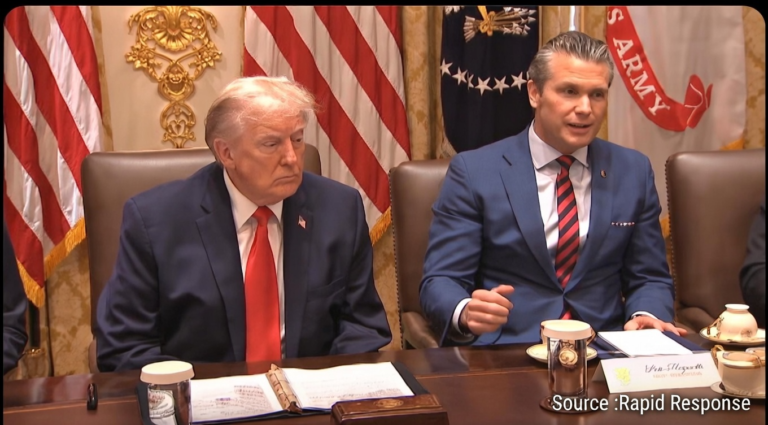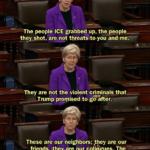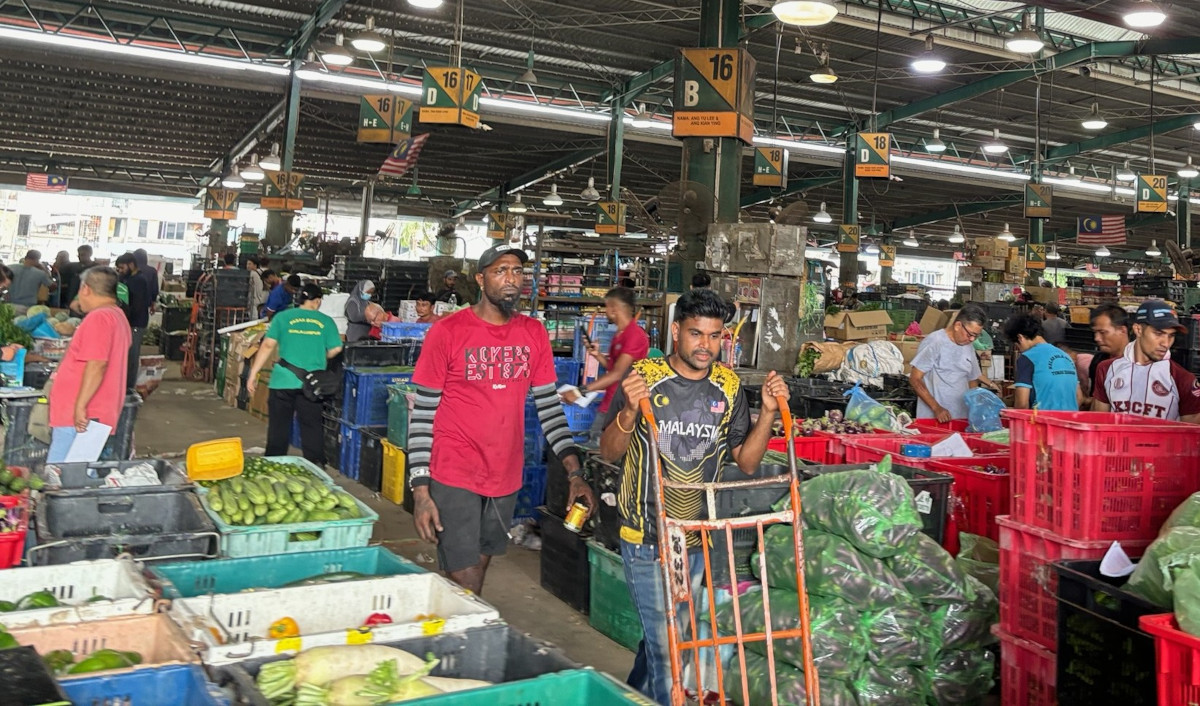
UM law students reach out to Flat Hock Lock Mansion community
A group of thirteen first year law students from the University of Malaya (UM) has taken a bold step to address two urban challenges: food waste and food insecurity. In collaboration with The Lost Food Project (TLFP) and Persatuan Shenpen Malaysia, the students carried out a community outreach programme titled “Sustainable Food Waste Management in Kuala Lumpur”, proving that civic engagement and legal awareness can go hand in hand.
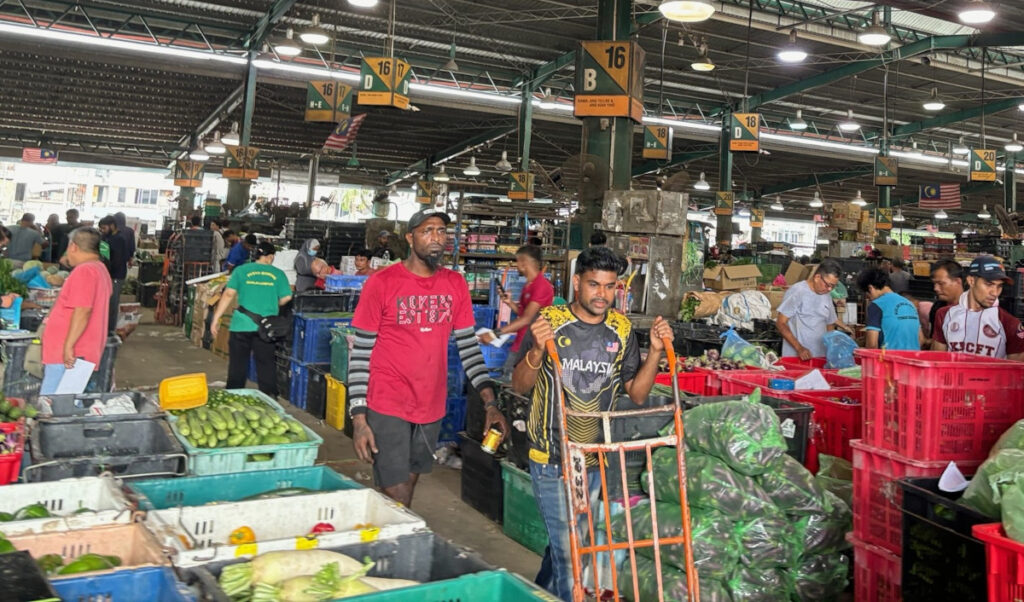
Led by Shafiah Jailani Sulthan Mohamed Ali and guided by Associate Professor Dr Nurhidayah Abdullah under the Law and Society (LIA1007) course, the initiative focused on collecting surplus food from Pasar Borong Selayang and redistributing it to vulnerable communities at Flat Hock Lock Mansion in Sentul. These efforts were inspired by the growing contradiction between the tonnes of edible food discarded daily and the number of families who struggle to meet basic nutritional needs.
“This project is about recognising our role as future legal professionals and current citizens,” said Shafiah. “We realised we could use our platform to do more than study the law — we could apply it to real world issues that affect the communities around us.” The team’s mission was deeply rooted in policy and advocacy. The project supported the United Nations Sustainable Development Goal 12 on Responsible Consumption and Production, which calls for reducing food loss and waste across production and supply chains. It also aligned with Malaysia’s National Agro Food Policy (NAP 2.0), which prioritises efficient, sustainable, and inclusive food systems.
The programme also aimed to promote legal literacy by raising awareness about the Food Donors Protection Act 2020, which protects individuals and organisations that donate food in good faith. “Many vendors are unaware of the legal protection available,” Shafiah explained. “By informing them about this Act, we hope to remove fear and stigma around food donations.”
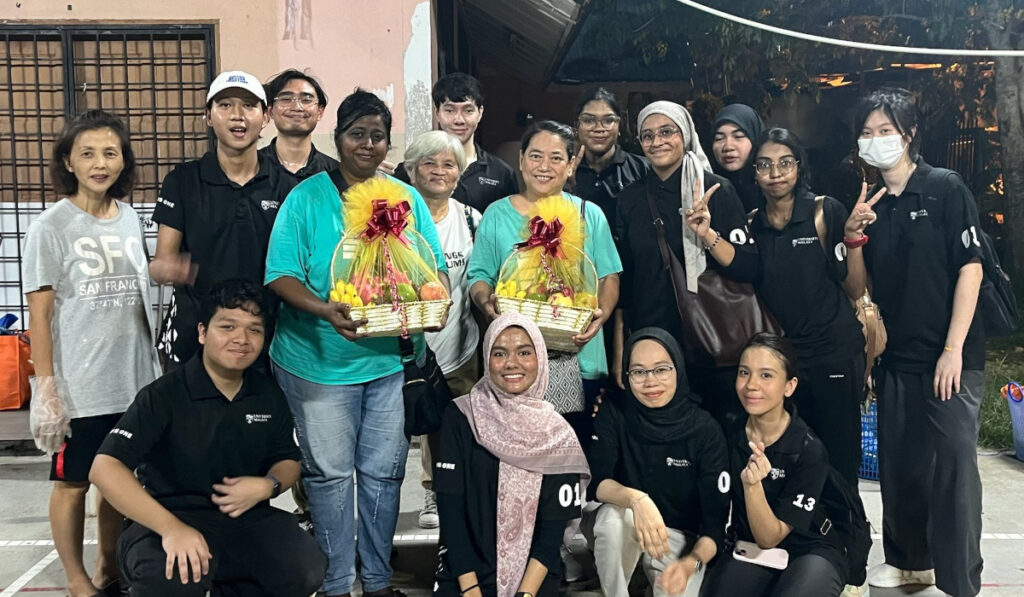
Working with TLFP, the students collected still edible vegetables from Pasar Borong Selayang that were otherwise destined for the landfill due to cosmetic imperfections. Two TLFP lorries delivered the surplus produce to Flat Hock Lock Mansion, a low cost housing complex that houses UN registered refugees from Myanmar, elderly individuals, persons with disabilities, and low income families. There, the vegetables were sorted and distributed with the help of fifteen refugee volunteers. In total, more than fifty residents received food aid.
“What struck us most was not just the gratitude, but the quiet strength of the people we met,” said one student. “It was not only about giving food — it was about giving recognition and respect.”
The students also received support from Fragrance Foo, coordinator from the Brickfields Soup Kitchen, and Yogesh, a volunteer from TLFP, who offered crucial assistance in coordinating logistics and community interaction. Their involvement demonstrated the importance of building partnerships between student initiatives and established community organisations.
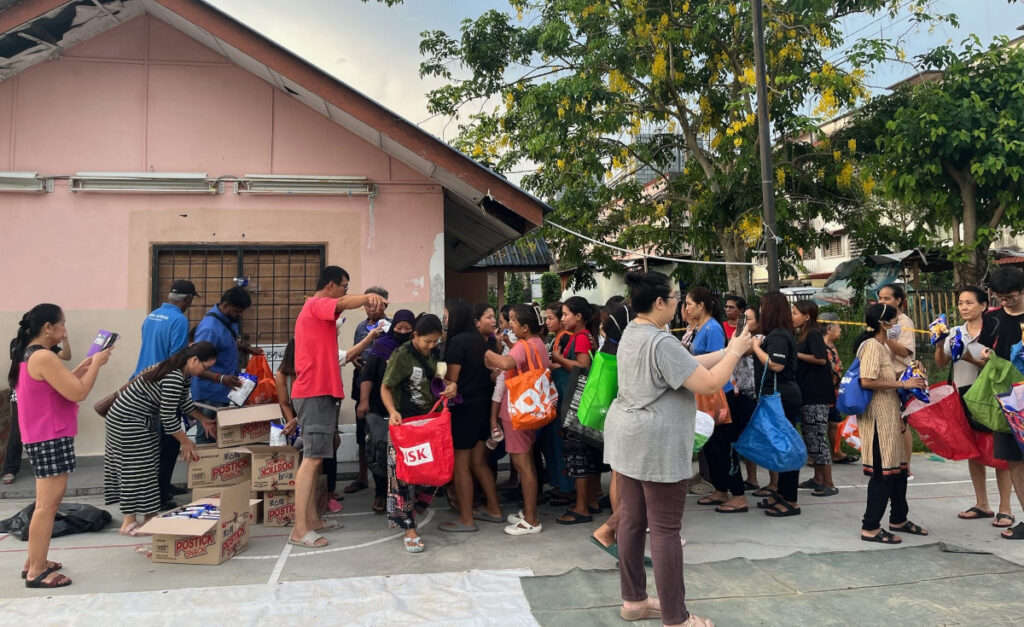
Beyond the immediate food distribution, the project incorporated a hybrid SULAM model combining Direct, Advocacy, Research Based, and Social Entrepreneurship approaches. Students not only engaged in hands on volunteering but also studied food waste data, explored community nutrition gaps, and proposed long term policy changes to enhance food rescue efforts.
Associate Professor Dr Nurhidayah praised the initiative, stating, “This programme shows that our students are thinking critically about how the law functions in society. They are not waiting until graduation to make an impact — they are starting now.”
Looking ahead, the group plans to expand their efforts by involving more volunteers, engaging additional food donors, and working closely with local authorities. “Our hope is that this becomes more than just a one-time event,” Shafiah said. “We want it to be a stepping stone towards a culture where responsible food use and legal awareness go hand in hand.”
Through compassion, advocacy, and leadership, these UM students have proven that meaningful change begins with education and action. In a city where both food excess and hunger coexist, their initiative offers a glimpse into what a more sustainable and humane future could look like.






